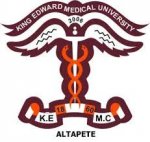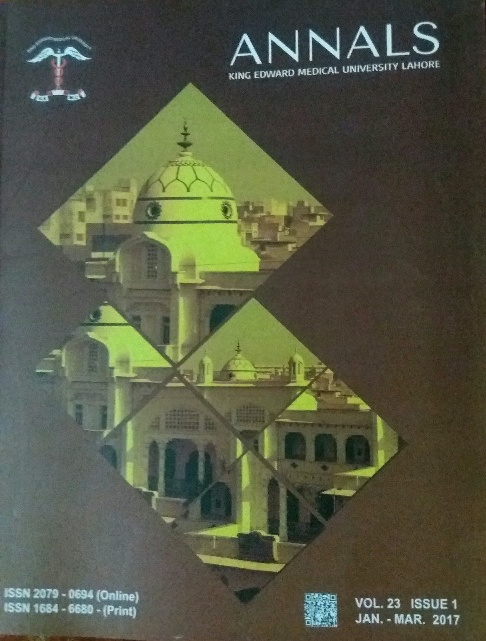Abstract | Eating habits have strong relationship with nutritional status of any person. Modification of these habits in the adolescent period can prevent malnutrition resulting in prevention of many non-communicable diseases. Additionally, with best eating habits female doctors can be a role model for their patients.
Objectives: This study was designed to access the dietary habits, nutritional status and their association in young adolescent female medical students.
Methodology: A cross sectional descriptive study was carried out in Medical College of Lahore. A total of 114 female students from 1st year and 2nd year were selected. Their socio-demographic characteristics, dietary habits and nutritional status were assessed through a questionnaire. Hemoglobin levels were measured by Sysmex while mid upper arm circumference and (MUAC) and body mass index (BMI) were measured with the help of measuring tape and weighing machine, respectively.
Results: Mean age of the students was 19.5 ± 2.1. All the participants were unmarried, 108 (94.7%) liked traditional food, and 84 (73.3%) had a habit of daily breakfast intake. Most of the students (n=73, 64%) were consuming fast/junk food while 81(71.1%) of the students used to take meat and meat products three times a week. A total of 42 respondents (36.8%) were underweight while 41 (36%) were anemic. Positive association was found between eating habits and hemoglobin levels (p = 0.001). Relationship between regular intake of breakfast with BMI and MUAC was also positive (p = 0.003 and 0.02, respectively).
Conclusion: It is concluded that eating habits affect the nutritional status of adolescent females, while skipping breakfast is associated with anemia.







